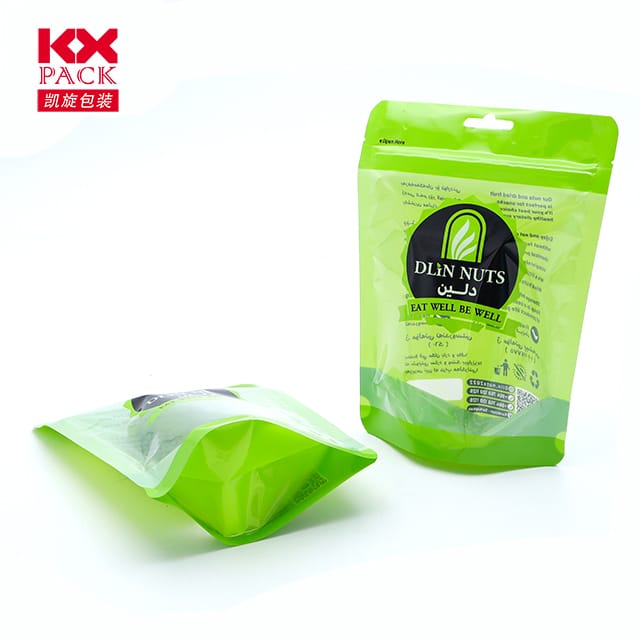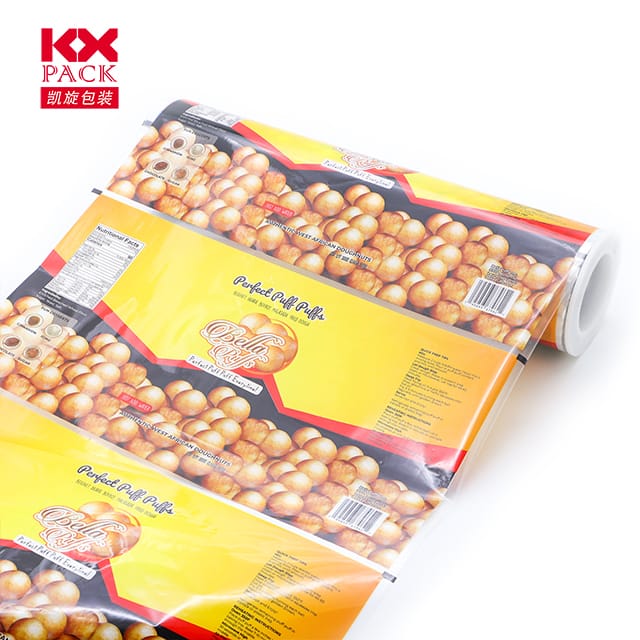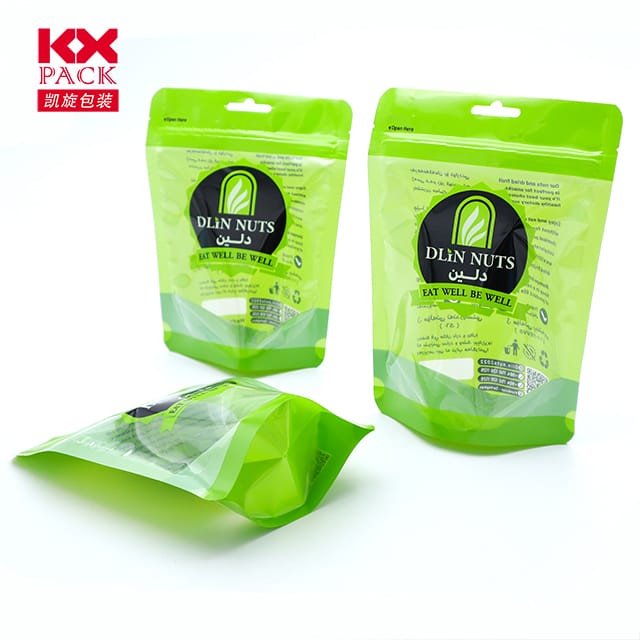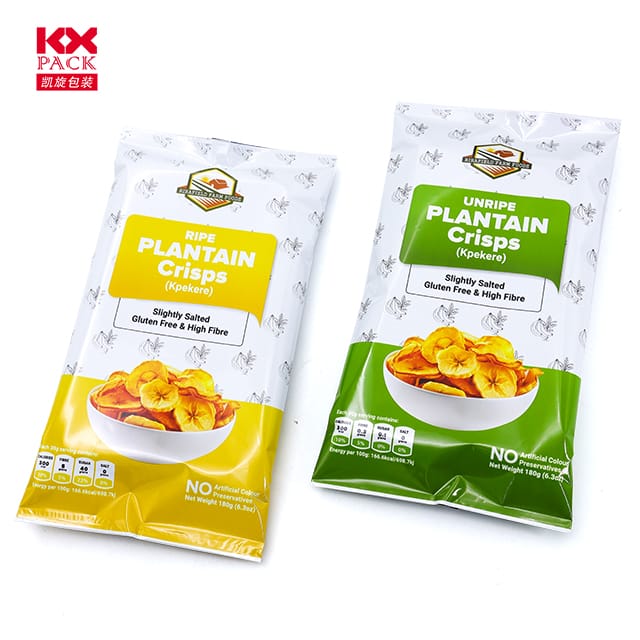Βιώσιμες λύσεις για την ασφάλεια των τροφίμων: Επανεξετάζοντας το πλαστικό φιλμ για τη συσκευασία τροφίμων
Ρολό πλαστικό φιλμ
Plastic film rolls are a staple in food packaging—protecting everything from fresh produce to baked goods, Εξασφάλιση φρεσκάρδας, και την επέκταση της διάρκειας ζωής. Ακόμη, Η ευκολία τους έρχεται με κόστος: Οι πλαστικές ταινίες μιας χρήσης συμβάλλουν σημαντικά στην παγκόσμια ρύπανση, Με δισεκατομμύρια τόνους φράζουν χώρους υγειονομικής ταφής, ωκεανός, και οικοσυστήματα. But what if we could reimagine this essential tool to balance functionality with environmental responsibility? Let’s explore how innovations in plastic film rolls for food packaging are paving the way for a greener future.
The Environmental Dilemma of Traditional Plastic Films
Most conventional plastic films are made from πολυαιθυλένιο (Π.Ε), πολυπροπυλένιο (PP), ή PVC—materials that take centuries to decompose. Ακόμη και όταν ανακυκλώνεται, these films often face contamination issues or lack proper collection infrastructure. Το αποτέλεσμα? Food packaging waste accounts for nearly 40% of global plastic production, much of it ending up as microplastics that infiltrate soil, νερό, and even our food chain.(Ρολό πλαστικό φιλμ)
The Shift Toward Sustainable Alternatives
Ευτυχώς, the food packaging industry is evolving. Here’s how manufacturers are rethinking plastic film rolls:
- Βιοαποικοδομήσιμες και λιπασματικές ταινίες
- Κατασκευασμένα από plant-based materials like corn starch, ζαχαροκάλαμος, ή φύκια, these films break down naturally in composting facilities within months.
- Ideal for short-shelf-life products (Π.χ., salads, σάντουιτς) where traditional plastic isn’t essential.
- Ταινίες ανακυκλωμένου περιεχομένου
- Using ανακυκλώνονται μετά τον καταναλωτή (PCR) πλαστική ύλη reduces reliance on virgin materials and diverts waste from landfills.
- Advances in recycling technology now allow for stronger, clearer films suitable for a wider range of food products.
- Βρώσιμα και υδατοδιαλυτά φιλμ
- Cutting-edge options include βρώσιμα επιχρίσματα (φτιαγμένο από φύκια ή άμυλο) that protect food and can be consumed or discarded harmlessly.
- Water-soluble films dissolve in water, την πλήρη εξάλειψη των απορριμμάτων.
- Reusable and High-Barrier Films
- Διαρκής, multi-layer films designed for επαναχρησιμοποιήσιμα δοχεία (Π.χ., silicone lids or beeswax wraps) reduce single-use waste.
- Ταινίες υψηλού φραγμού (with oxygen or moisture control) Επέκταση της διάρκειας ζωής, reducing food waste—a critical sustainability goal.
Εξισορρόπηση της λειτουργικότητας και της βιωσιμότητας
While eco-friendly alternatives are promising, παραμένουν προκλήσεις:
- Κόστος: Sustainable films often cost more to produce, though prices are dropping as technology scales.
- Εκτέλεση: Some biodegradable films lack the strength or barrier properties of traditional plastic, limiting their use for certain foods.
- Infrastructure: Compostable films require industrial composting facilities, which are scarce in many regions.
Ωστόσο, brands and consumers are driving change by:
- Επένδυση στο R&ρε to improve film durability and affordability.
- Advocating for policy changes (Π.χ., διευρυμένης ευθύνης του παραγωγού).
- Choosing minimal, recyclable packaging που είναι δυνατόν.
How Consumers Can Make a Difference
You don’t need to wait for perfect solutions to act:
- Support Brands Using Sustainable Films: Ψάξτε για πιστοποιήσεις όπως TÜV Austria’s OK Compost ή BPI (Biodegradable Products Institute).
- Reduce and Reuse: Επιλέξτε αγορές χύδην, επαναχρησιμοποιήσιμα δοχεία, or beeswax wraps to minimize film reliance.
- Ανακυκλώστε σωστά: Clean and recycle PE/PP films where accepted (ελέγξτε τις τοπικές οδηγίες).
- Demand Transparency: Pressure companies to disclose film materials and end-of-life options.
Το μέλλον της συσκευασίας τροφίμων: A Holistic Approach
Sustainable plastic film rolls are just one piece of the puzzle. The ultimate goal? ΕΝΑεγκύκλιος where packaging is designed for reuse, ανακύκλωση, or composting. Αυτό απαιτεί:
- Collaboration between governments, manufacturers, και τους καταναλωτές.
- Καινοτομία in materials science (Π.χ., mycelium-based films or lab-grown alternatives).
- Εκπαίδευση to dispel myths about plastic’s necessity in food safety.
Your Role in the Transition
Every time you unwrap a snack or store leftovers, you have a choice. By supporting sustainable packaging, advocating for change, και μείωση των αποβλήτων, you’re helping redefine the role of plastic film rolls in our lives.
Ready to rethink your food packaging habits? Share your favorite eco-friendly swaps or questions in the comments—let’s build a zero-waste kitchen together! 🌱🍴
Hashtags: #SustainablePackaging #PlasticFreeFuture #FoodWaste #GreenInnovation #CircularEconomy







